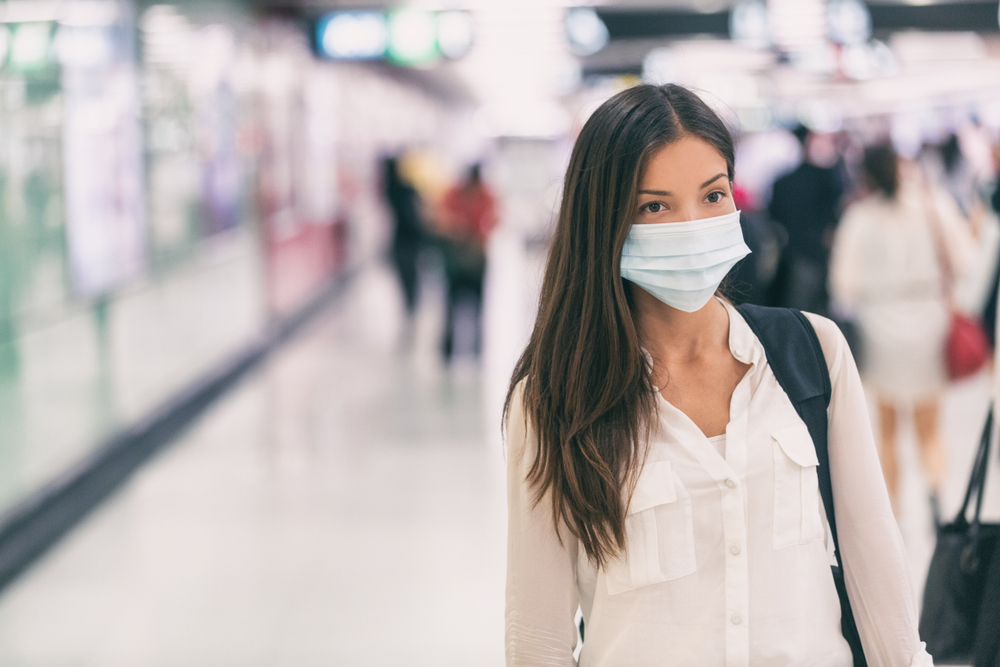Published Jan 31, 2022 in wfla.com
By Daisy Ruth
TAMPA, Fla. (WFLA) – Those who suffer from allergies could be experiencing symptoms even earlier this year, amid ongoing concerns with COVID-19 and the omicron variant.
According to Sinus Solutions of South Florida, “allergy season” in Florida is “always.” Tree pollen season in the state can begin as soon as late December, the website states, and can run through May.
The website lists American elms, bayberry trees, bluejack oaks, maples, pine and river birch trees as the main culprits that cause Floridians discomfort through this months.
Pollen.com offers daily allergy forecasts which include top allergens for the week, based on zip codes, as well as the pollen count for a location. For 33606, a downtown Tampa zip code, the forecast for allergies the week of Jan. 31 trend from “medium-high” to “high” pollen counts. Top allergens include juniper, maple and oak trees.
Dr. Nisha Patel, of Aspire Allergy & Sinus in the Tampa Bay area, said Florida allergy season has consistently arrived early over the last few years.
“Maybe there’s a little bit of the global warning piece of it, maybe there’s other factors. Hurricanes, definitely post-hurricanes there seems to be a change in the environment, although we’ve been lucky this particular year,” she said.
Dr. Patel doesn’t believe anyone has a definitive answer as to why the season has arrived early, but does agree it is happening earlier and earlier every year.
Common allergy symptoms she is seeing in her patients include nasal congestion, itchy, watery eyes and nose and post-nasal drip.
Some of these symptoms are consistent with COVID-19.
“I think there is a lot of overlap, so the nasal symptoms are very, very similar. Some people get sinus headaches with allergies. They get headaches with this particular virus. I think the other difference is fevers. A lot of times [with] viral infections, you do expect some sort of fever and we are seeing that with COVID,” she said.
She said with the main difference between the two being fever, body aches and “just not feeling well” are also more common with upper respiratory illnesses, like coronavirus, than allergies.
The symptoms can be more long term with allergies.
For many worrying if they’re suffering from allergies, who may have never experienced allergies before, or the virus, Dr. Patel said it is possible to develop allergies later in life.
The doctor said for many patients, it just comes down to peace of mind.
“If the symptoms of COVID are there, you should in this time and era, if there’s any worry, I think testing is easy enough to do. It’s worthwhile doing,” Dr. Patel said.
For allergy sufferers, there are long term treatments outside of taking antihistamine medication, including allergy drops, similar to an allergy shot, “ExACT Immunoplasty,” a treatment delivered right in to a patient’s lymph nodes.
“I think being an allergist and being a specialist, I think a lot of people undermine the effects of allergies and chronic allergies and kind of the lifestyle they have to live and they’re just not happen. There are symptoms they’re just kind of dealing with and moving along with, but there are treatments,” Dr. Patel said.




